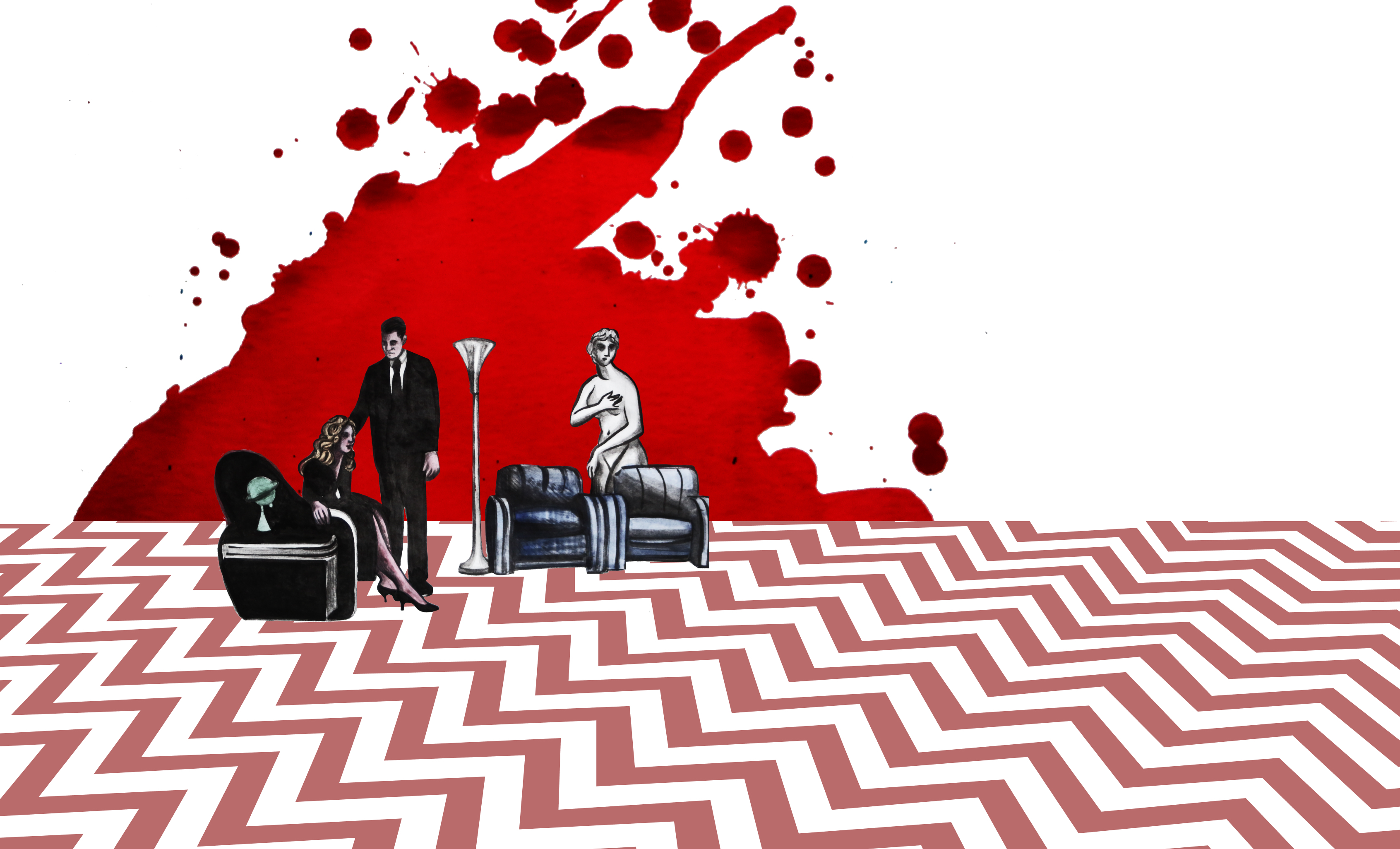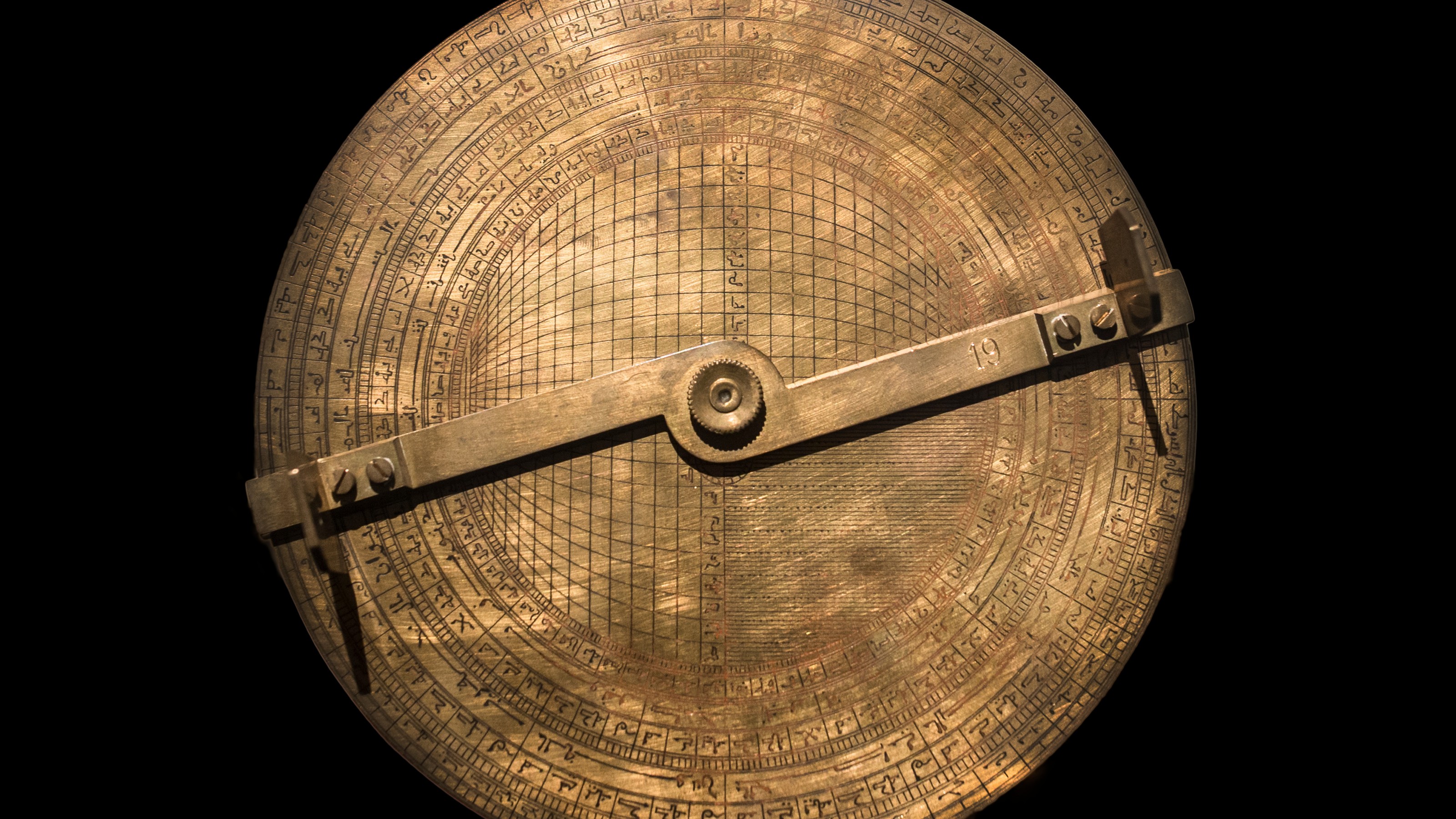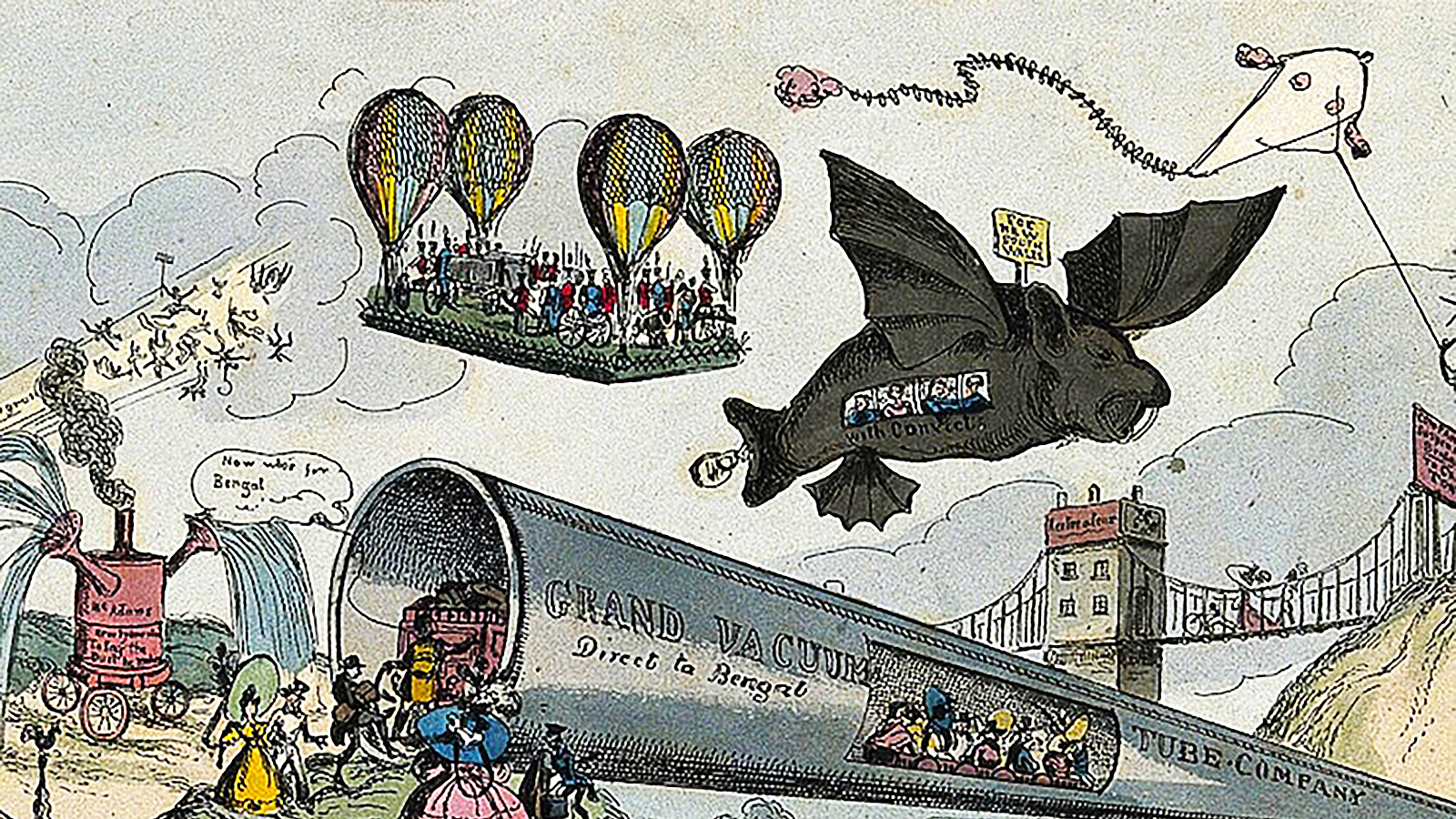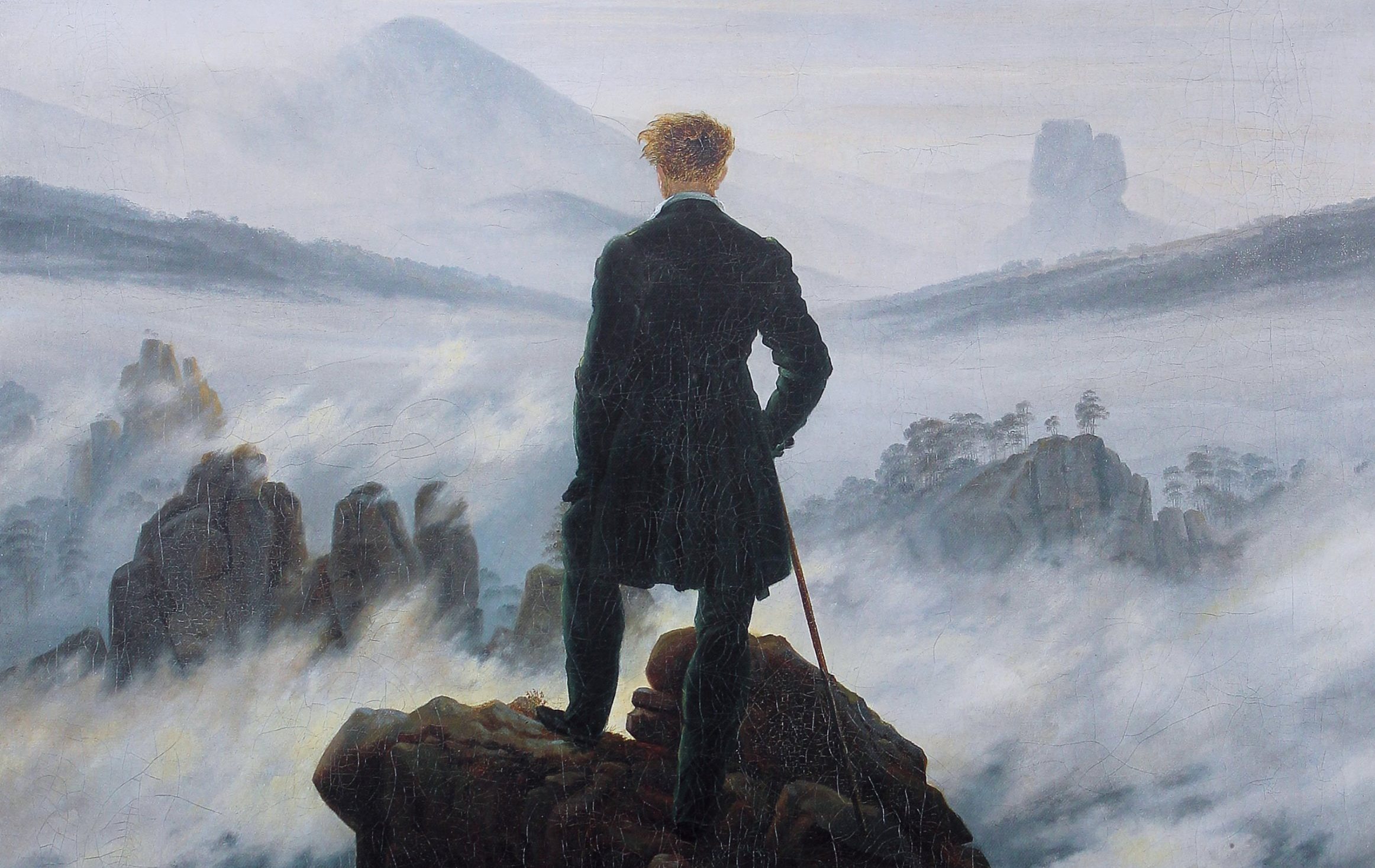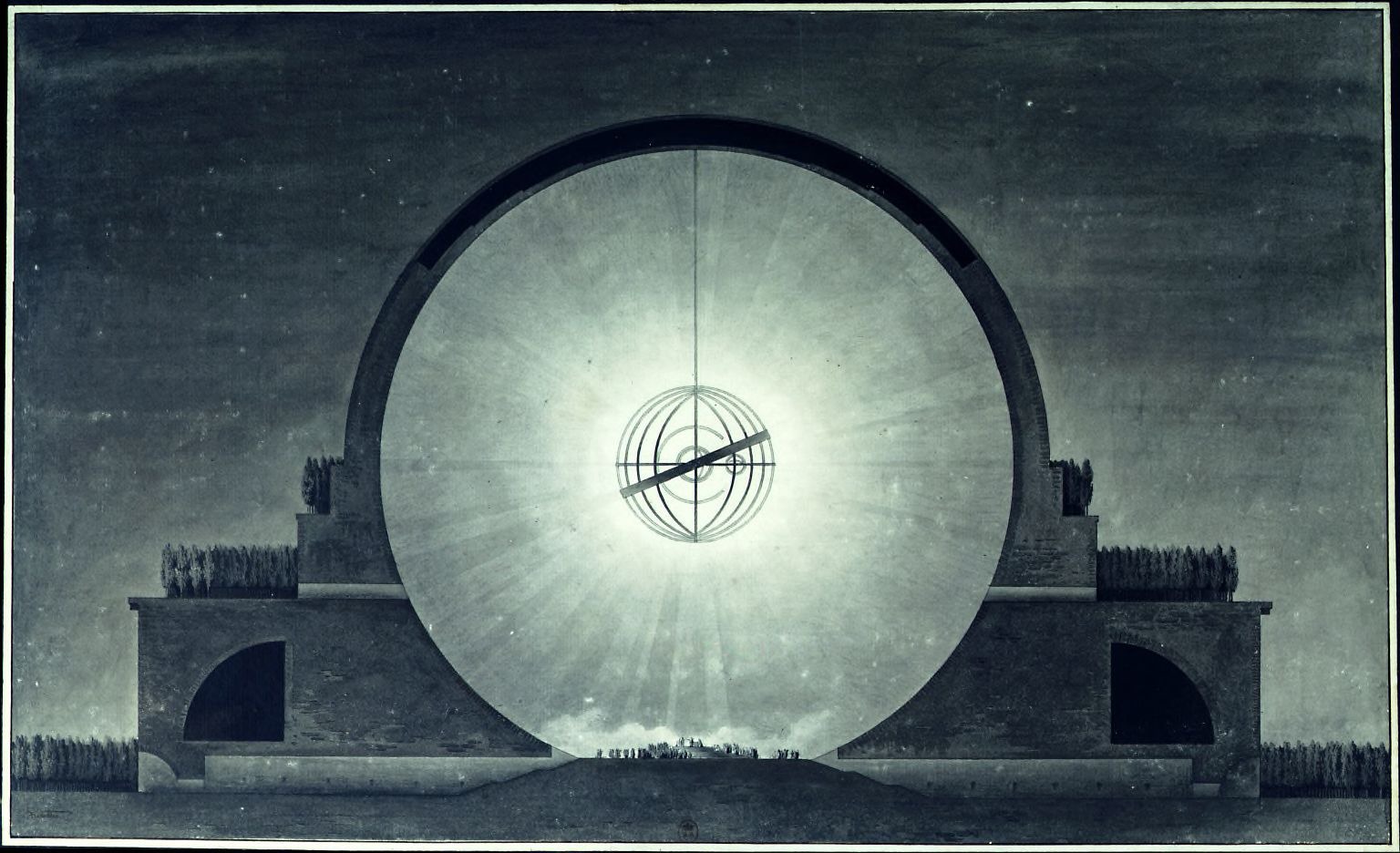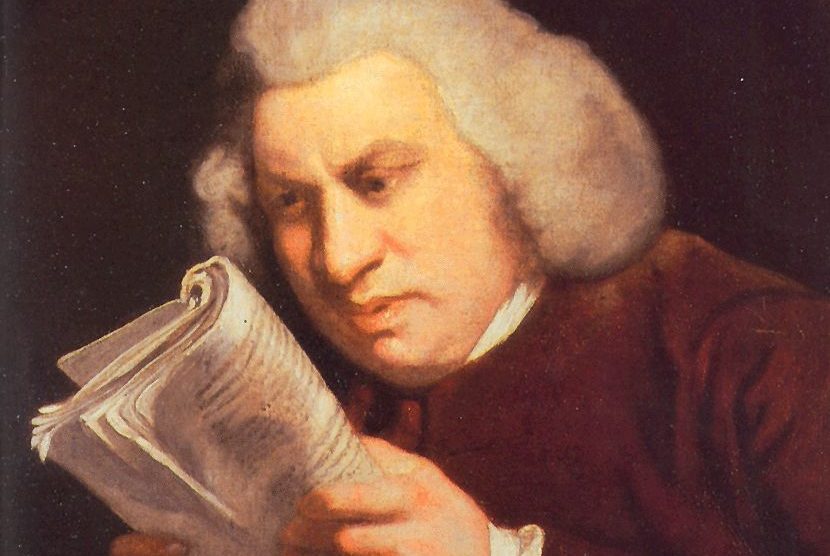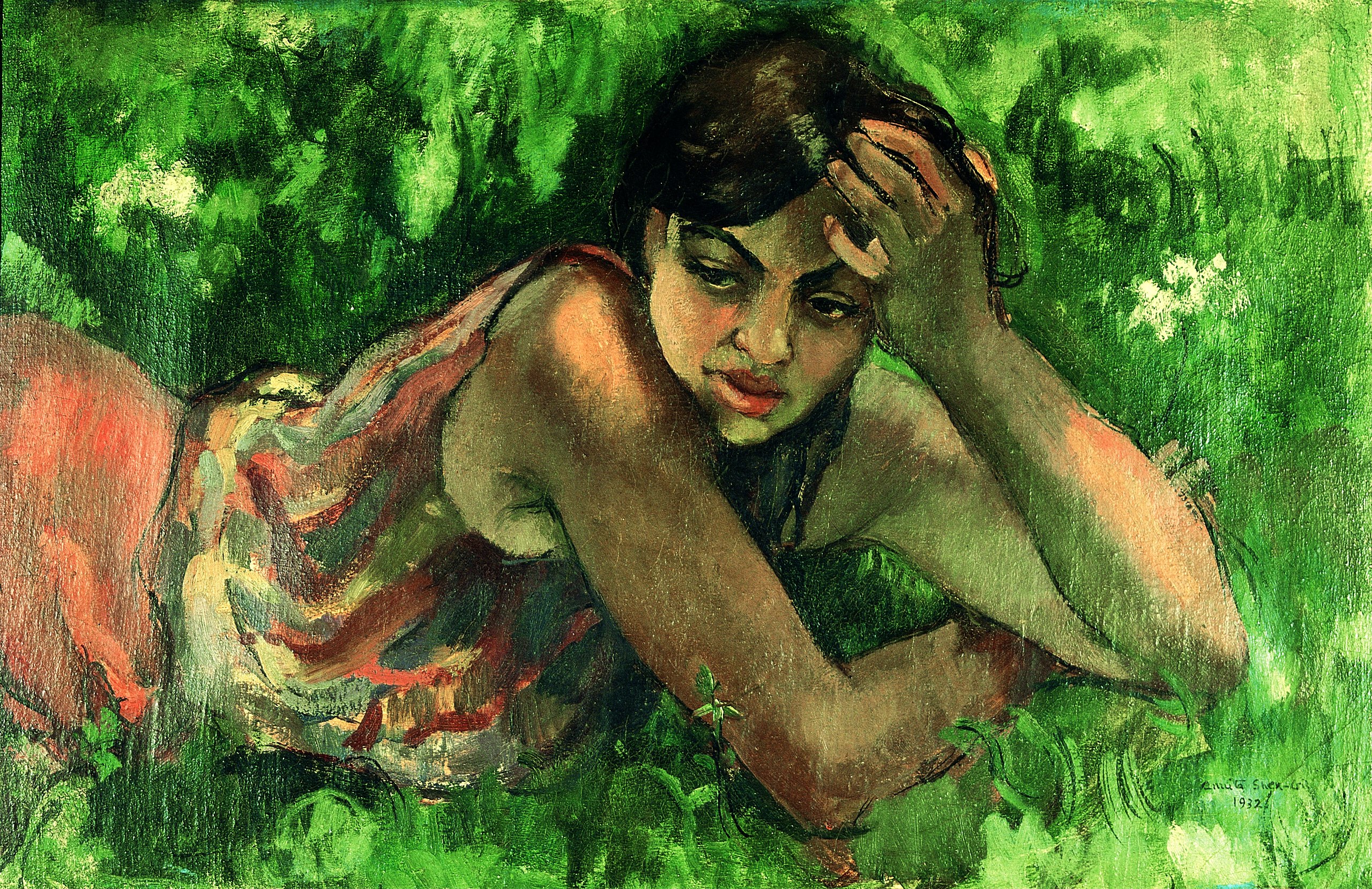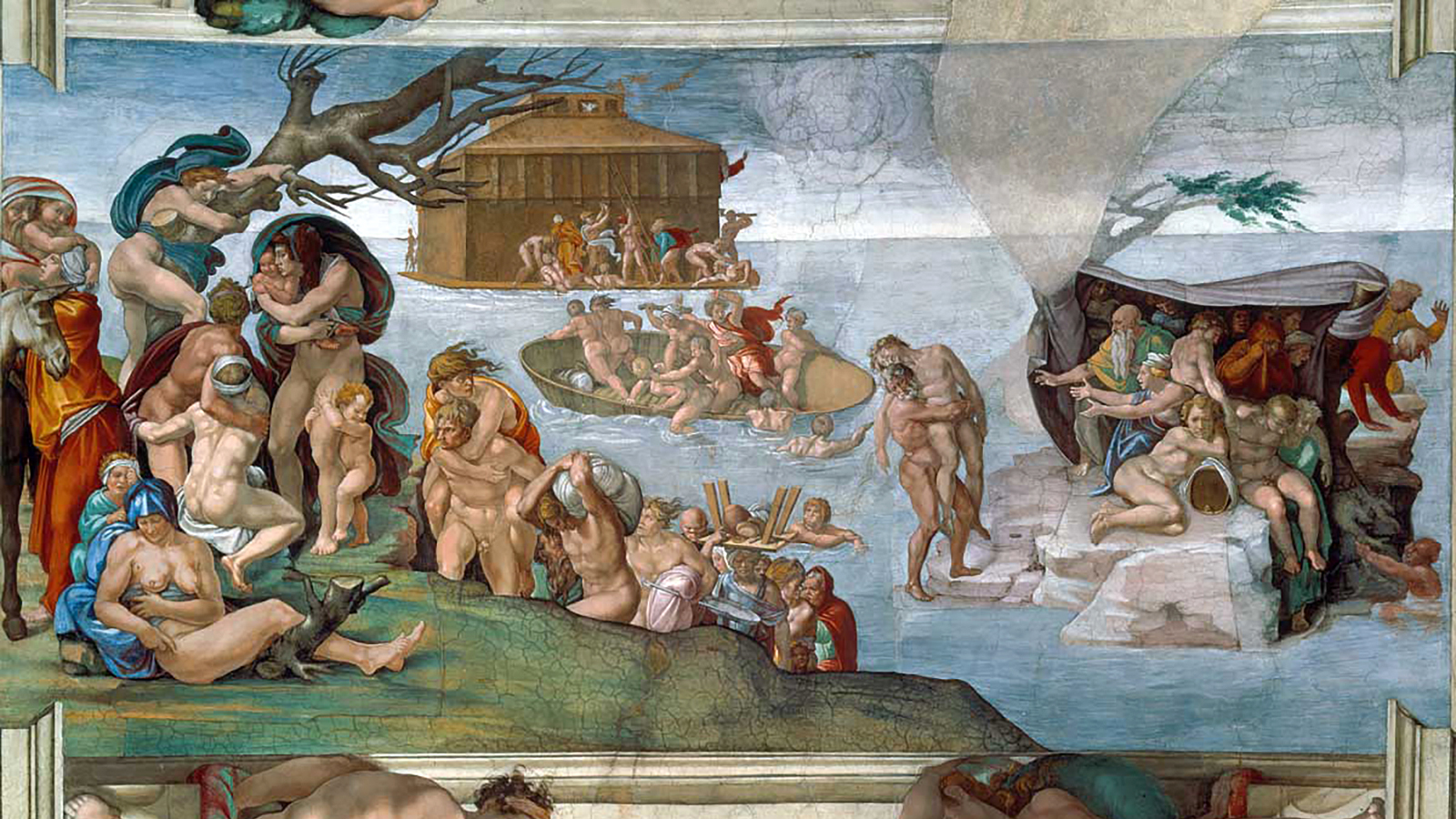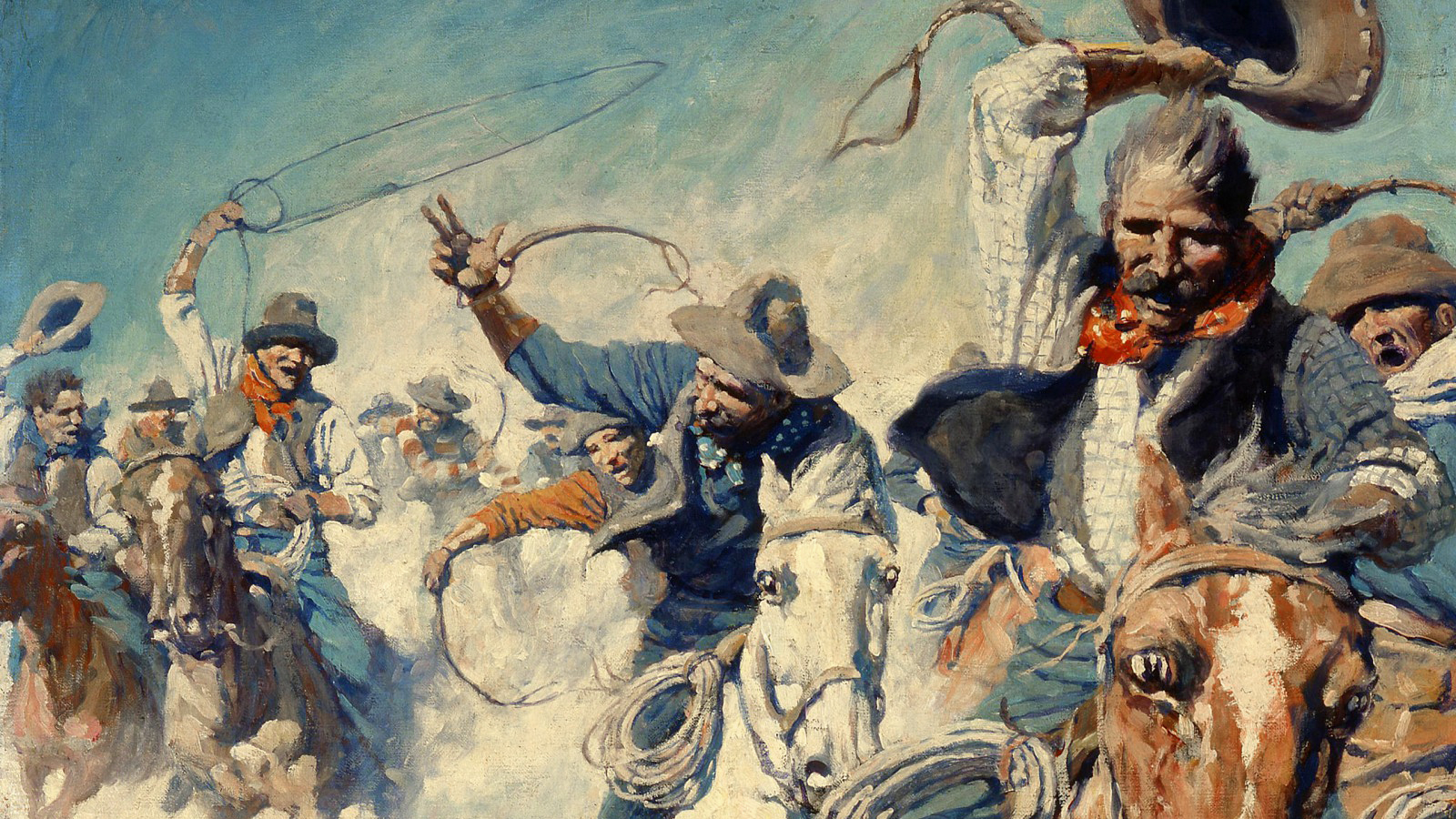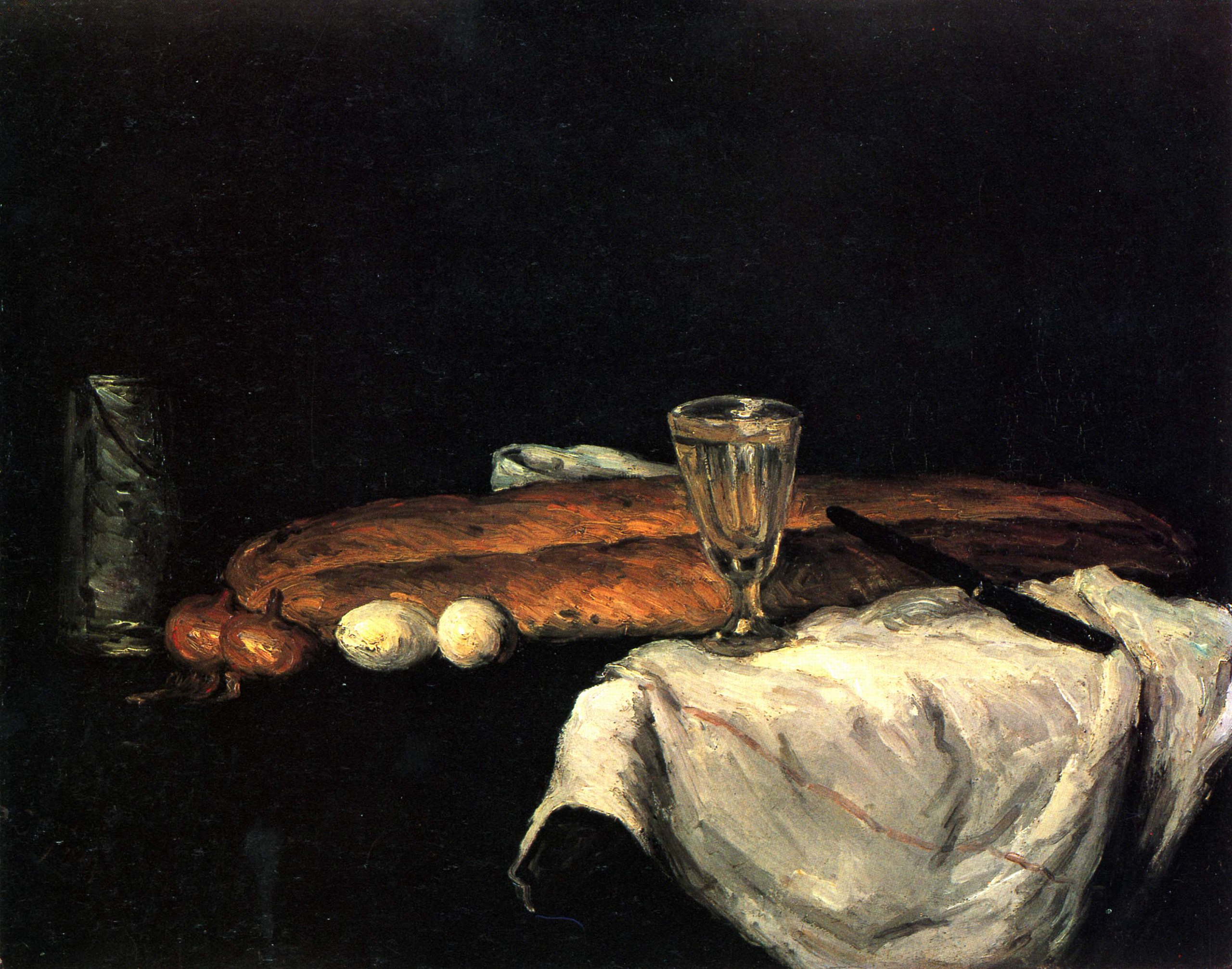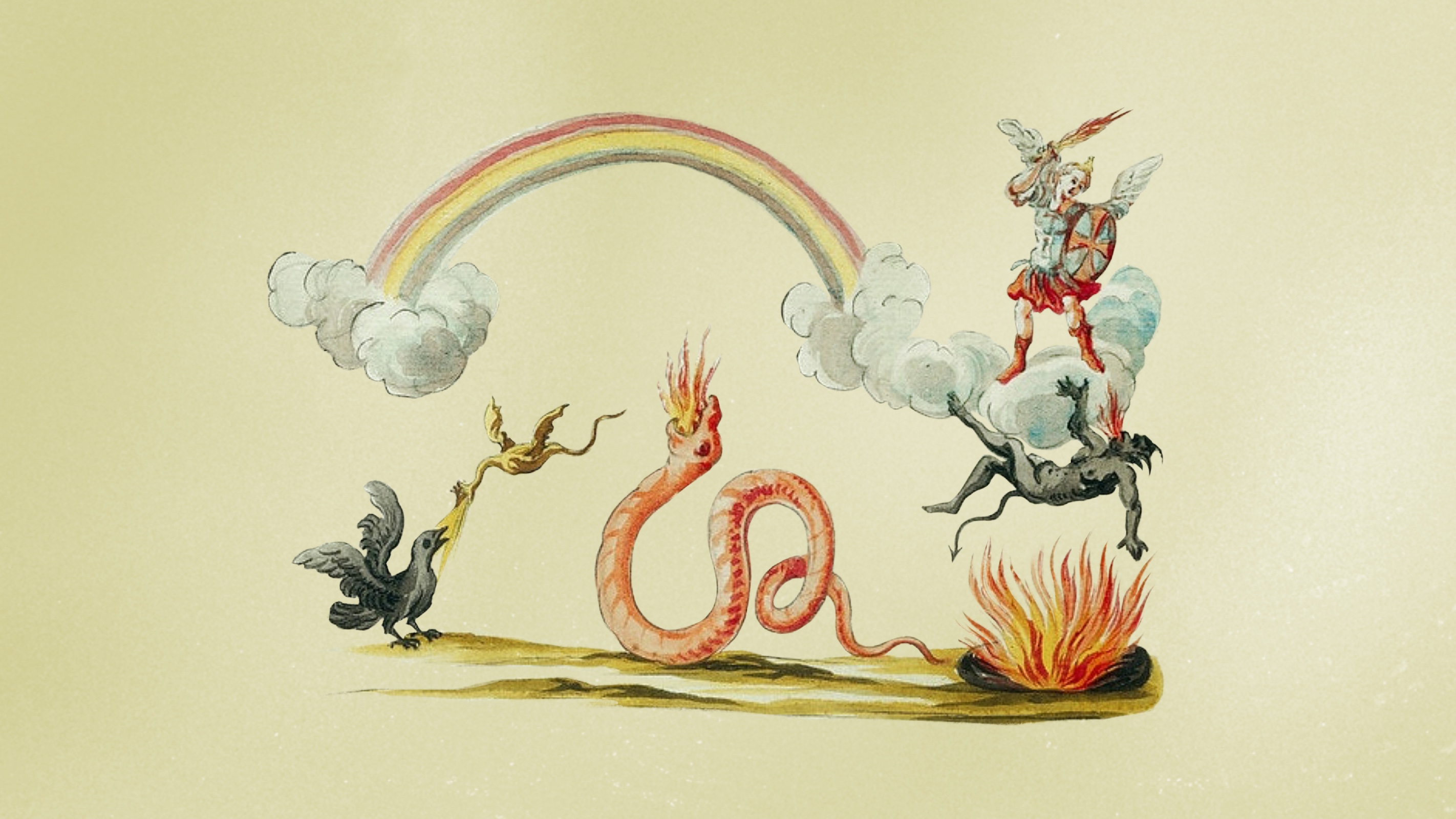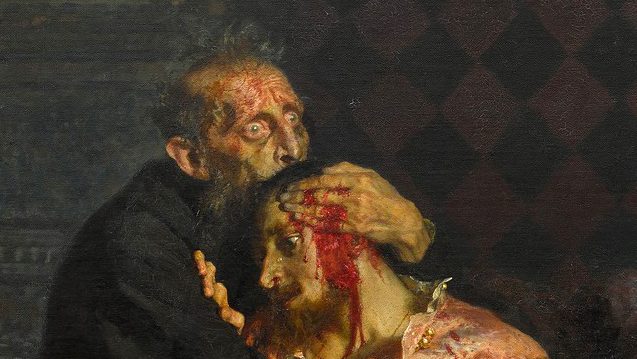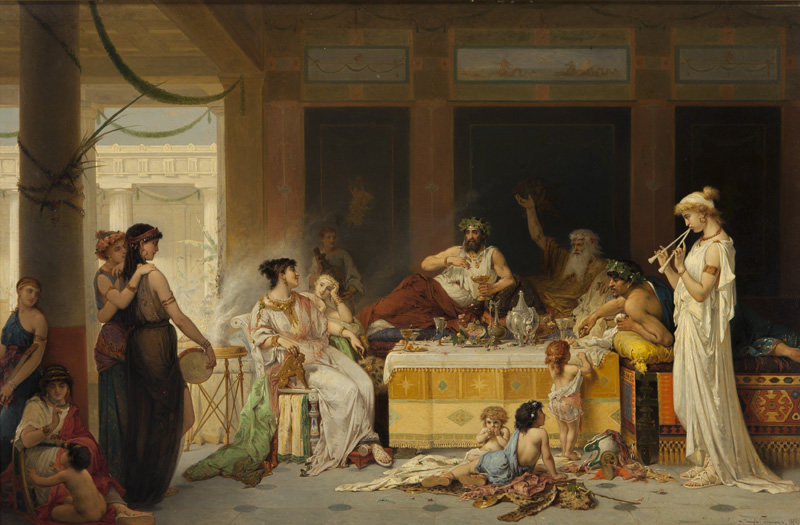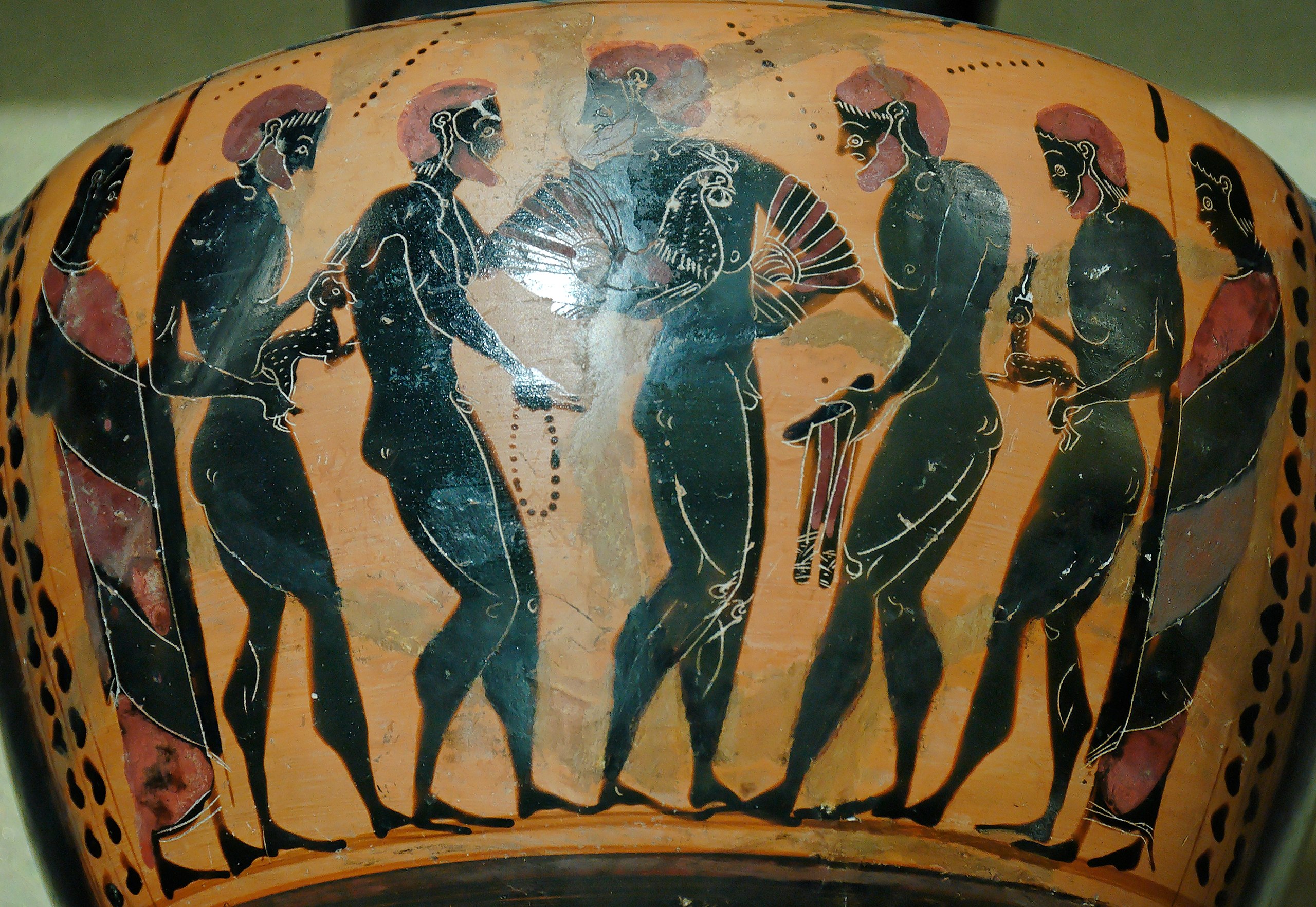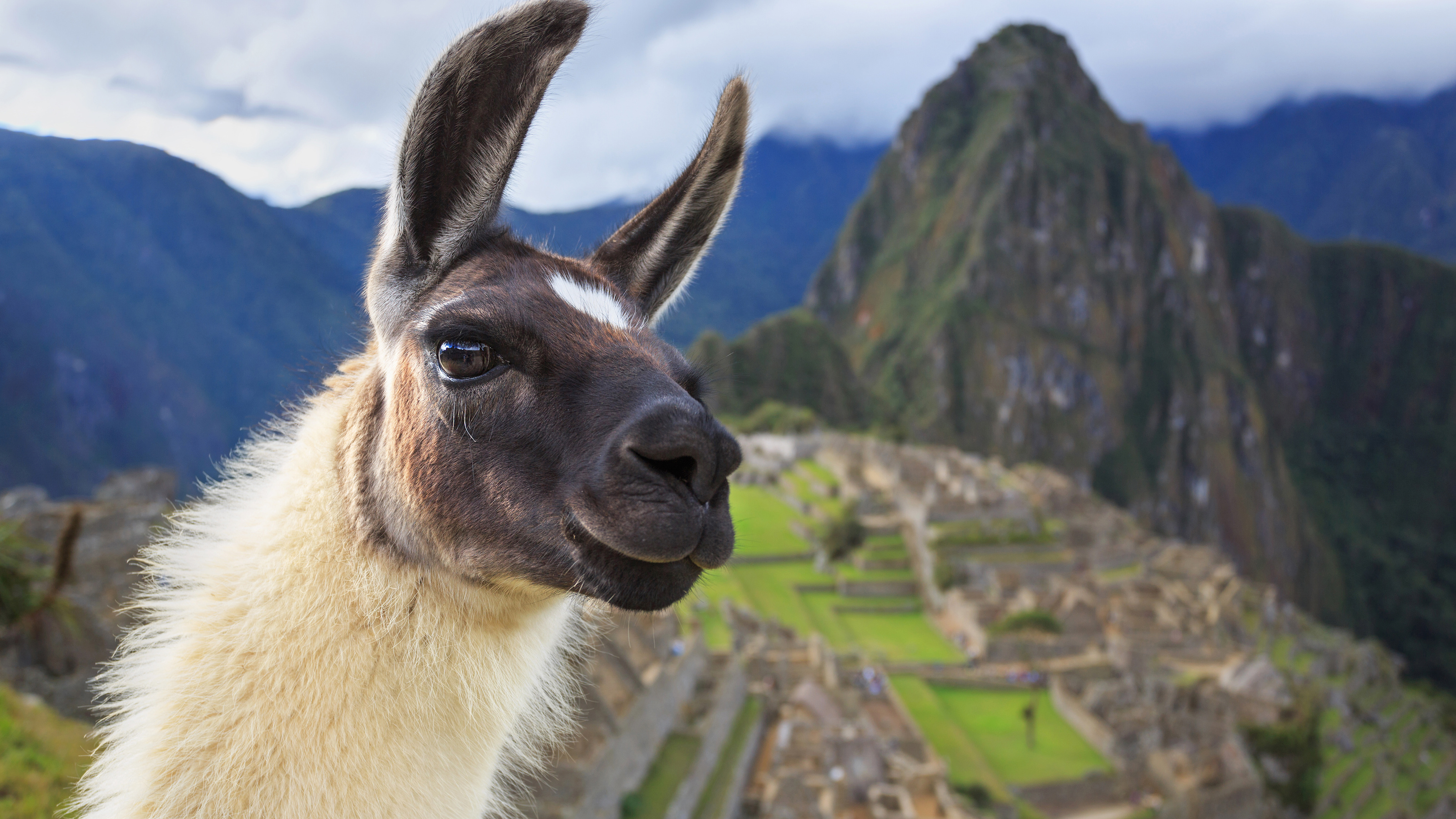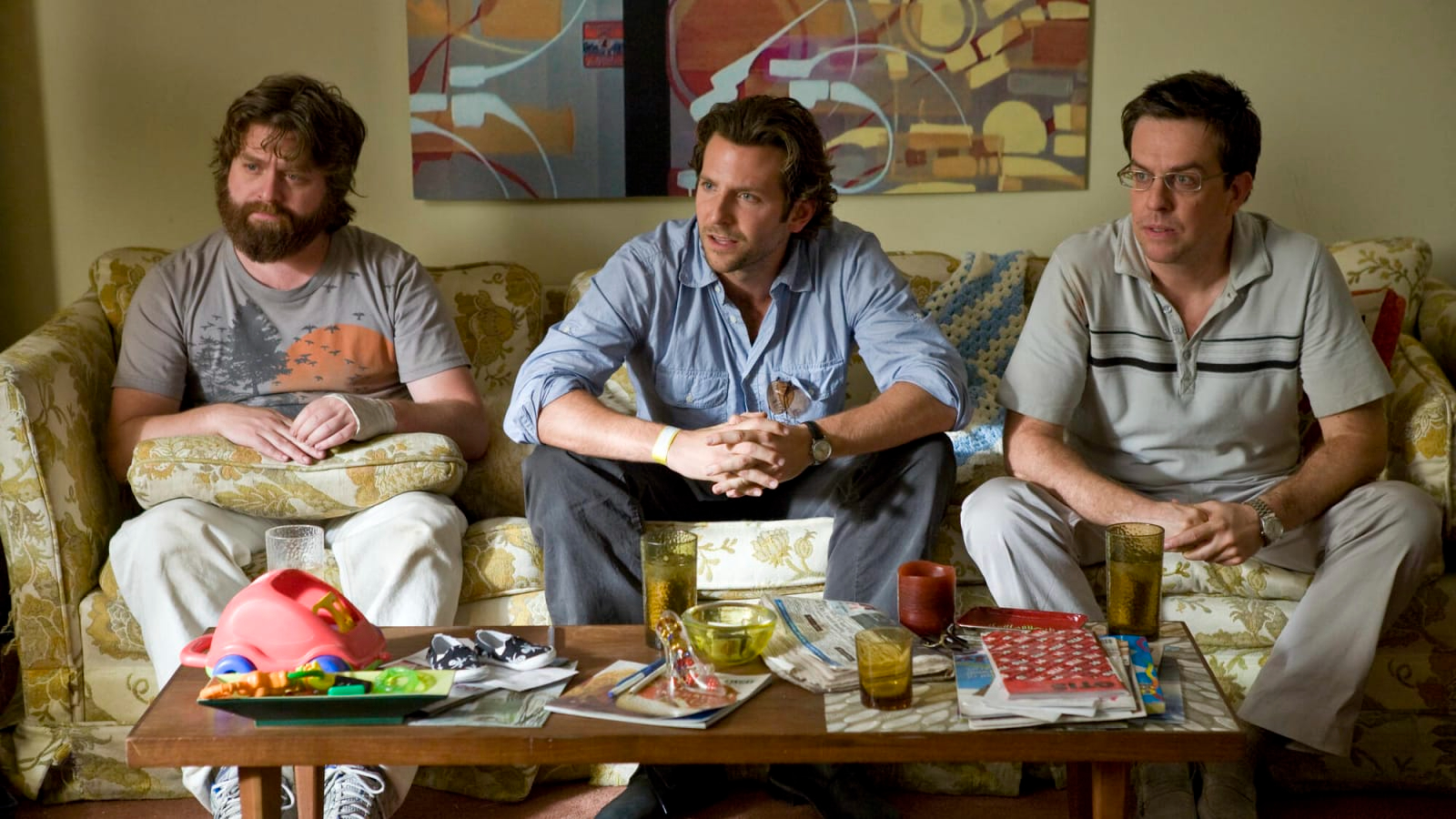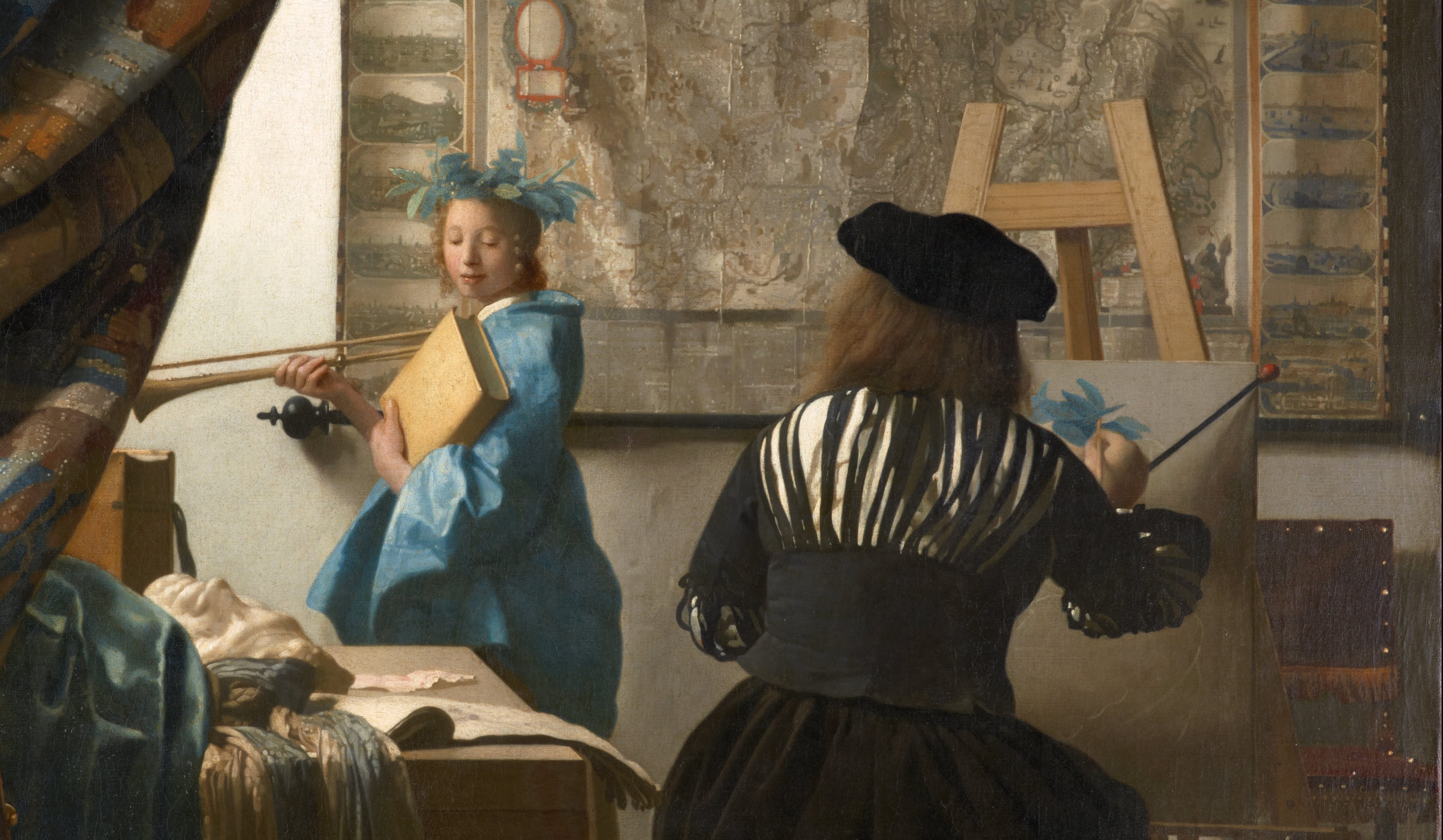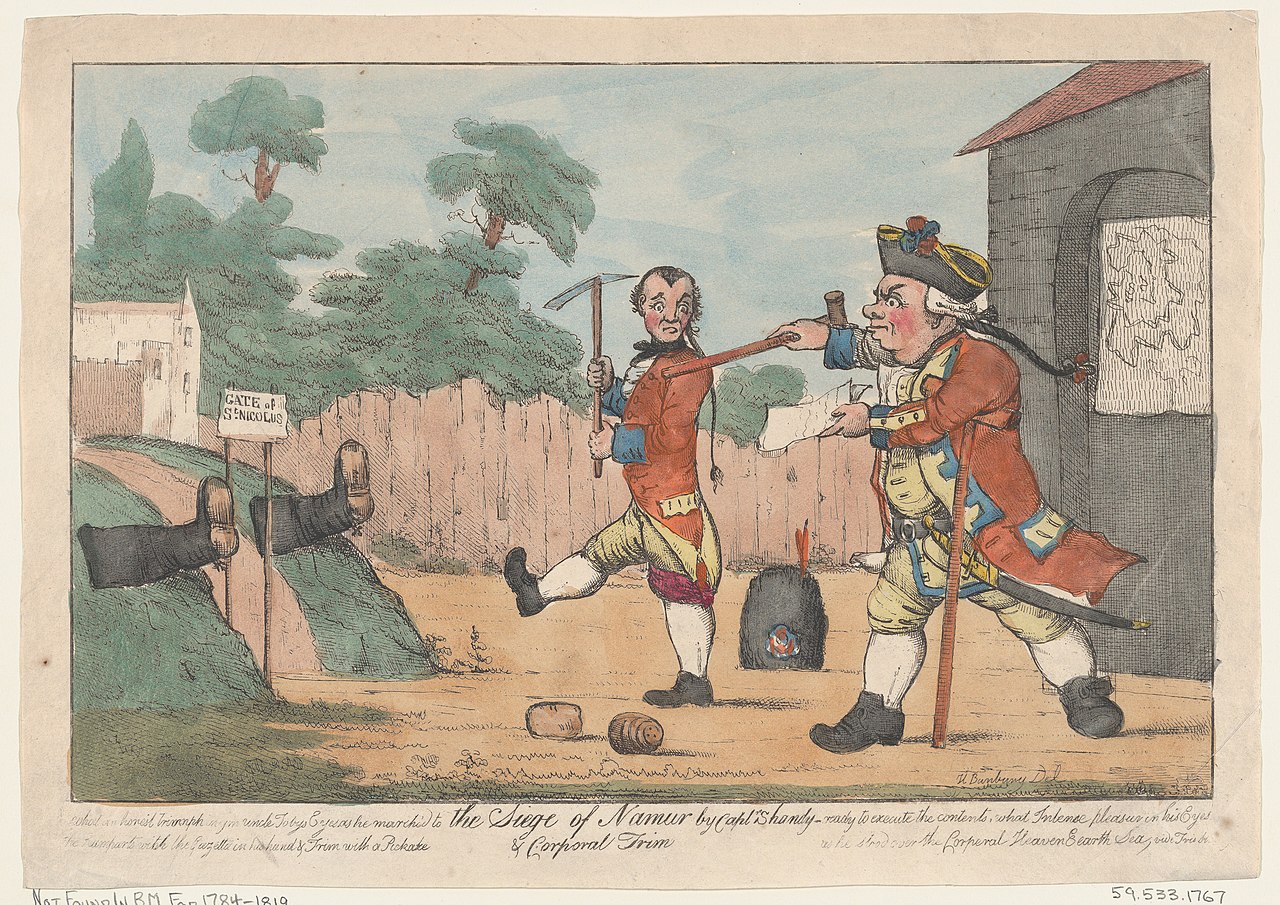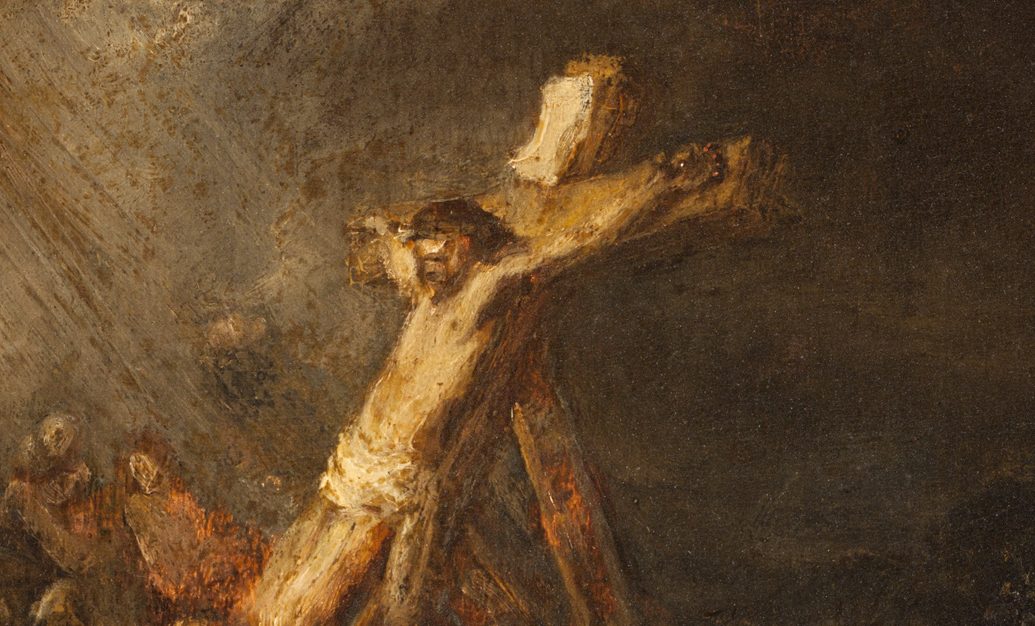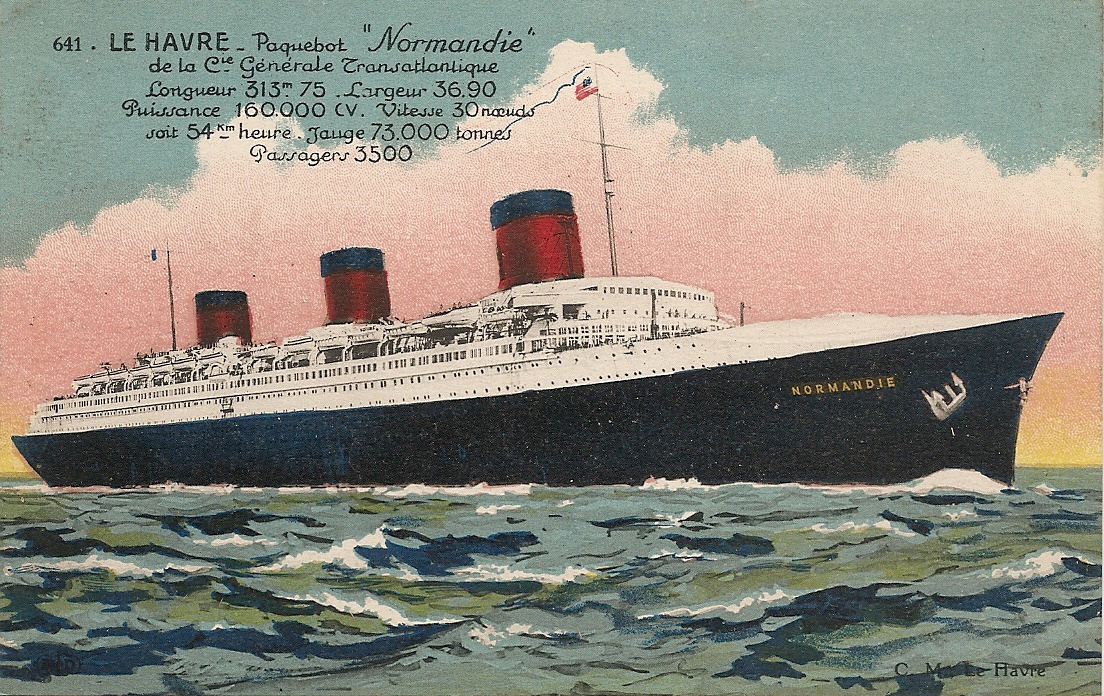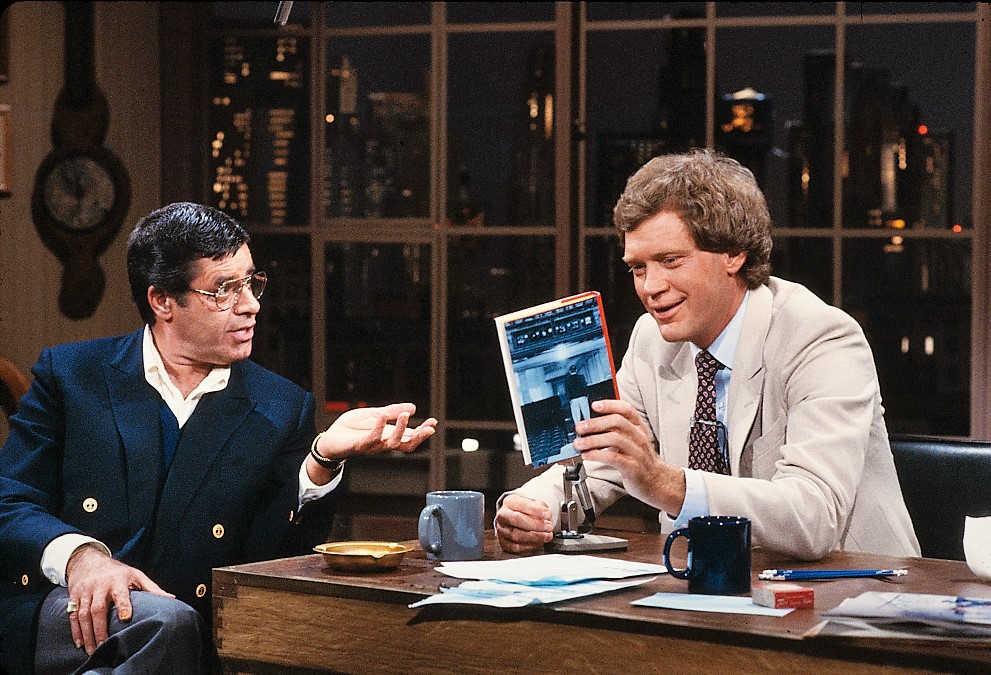Tim Brinkhof
Tim Brinkhof is a Dutch-born, New York-based journalist reporting on art, history, and literature. He studied early Netherlandish painting and Slavic literature at New York University, worked as an editorial assistant for Film Comment magazine, and has written for Esquire, Film & History, History Today, and History News Network.

“Like real dreams, it does not explain, does not complete its sequences,” film critic Roger Ebert once wrote about “Mulholland Drive.”
The 1,200-year-old “Book of Ingenious Devices” contains designs for futuristic inventions like gas masks, water fountains, and digging machines.
Jules Verne wrote about gasoline-powered vehicles, weapons of mass destruction, and global warming more than a century ago.
For Nietzsche, a great work of art can either veil the horror of reality or – better yet – help us face it.
“Painfully forced” is how one contemporary critic described Fitzgerald’s writing style.
From the Palace of the Soviets to The Illinois, these unmade buildings would have taken the art of architecture to whole new heights.
Art criticism is inherently subjective. Still, many critics have tried to make a case for why some of the world’s most celebrated books are in fact terribly written.
In the West, discussions of 20th-century painting are dominated by Warhol and Picasso, but trendsetting artists are found everywhere.
Whether in Russia or China, the secret police are defined by their unquestioning loyalty — as well as by their poor career prospects.
Could the prevalence of flood myths around the world tell us something about early human migration or even the way our brains work?
Lawmen and outlaws were often the same people.
To answer that question, we may have to figure out when the famed painter started to go bald.
Far from practicing witchcraft, the experimentation of medieval alchemists helped bring about the Scientific Revolution.
Created in the 1880s, “Ivan the Terrible and His Son Ivan,” which depicts a father murdering his son, divides Russians to this day.
Studying the display of personal wealth across time can help us better understand the history of socioeconomic inequality.
In many city-states, it was perfectly acceptable for older men to have sexual relationships with young boys.
If tourism is the lifeblood of the Peruvian economy, then Machu Picchu is the heart pumping that blood — in sickness and in health.
The “money taboo” is not a single taboo, but rather an amalgamation of several smaller taboos tied to gender and socioeconomic class.
If comedies do get made today, they usually bypass the big screen and go straight to streaming platforms.
Without Étienne-Joseph-Théophile Thoré, the genius of the Dutch painter Johannes Vermeer would have been lost to time.
While Costco warehouses may remind shoppers of Walmart, this membership-only retailer has a business model that more closely resembles Amazon or Netflix.
Some analysts predict that Amazon’s revenue will double over the next five years.
For decades, cinemas have earned more from concessions than ticket sales. But can their current business model survive in the streaming age?
We don’t know when or how music was originally invented, but we can now track its evolution across space and time thanks to the Global Jukebox.
Climate activists’ brand of iconoclasm is far removed from the Beeldenstorm that swept medieval Europe.
“Tristram Shandy” trolled its way to fame.
A conservator from the Rijksmuseum explains how they went about investigating whether the painting is a genuine Rembrandt.
“All moments past, present, and future, always have existed, always will exist.”
For centuries, the only way to travel between the Old and New World was through ships like the RMS Lusitania. Experiences varied wildly depending on your income.
Late-night shows, developed during the “golden age” of TV, are no longer as relevant in the age of streaming services and Donald Trump.
